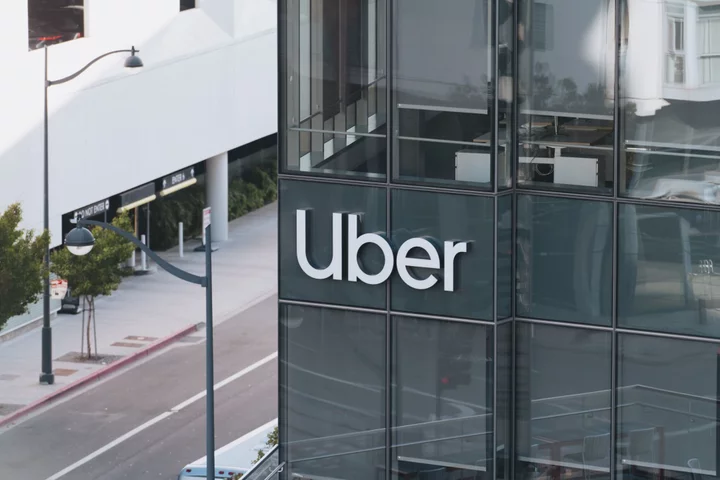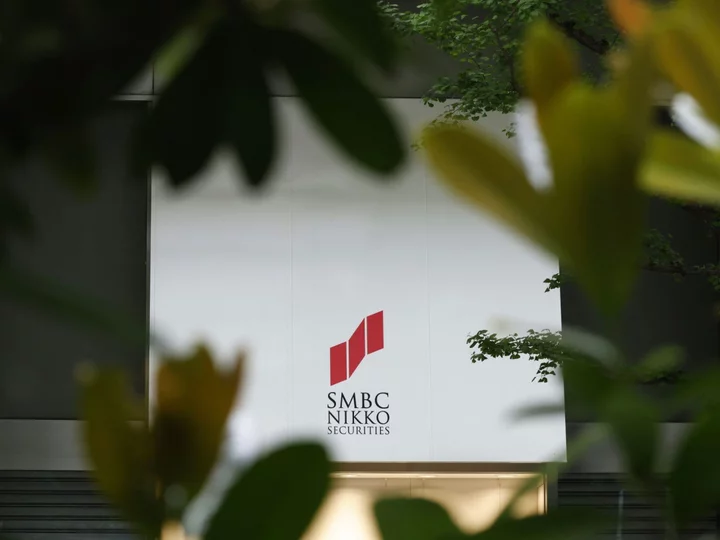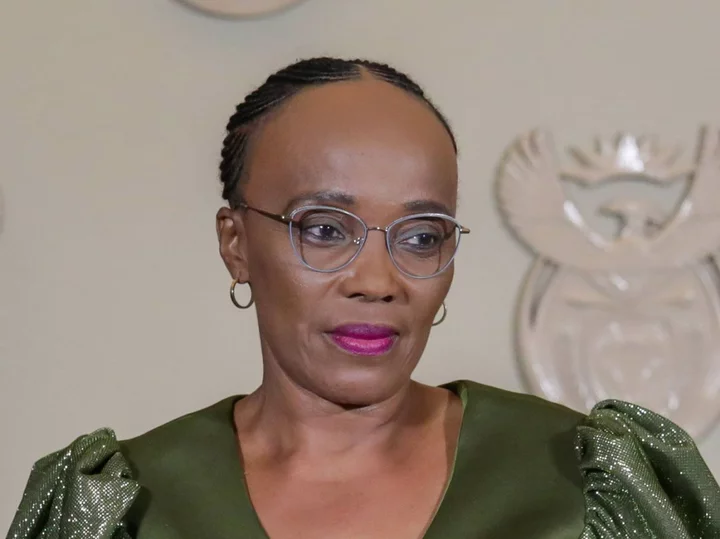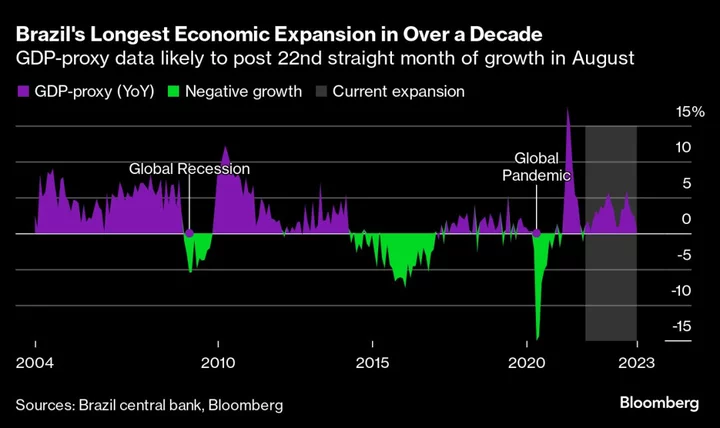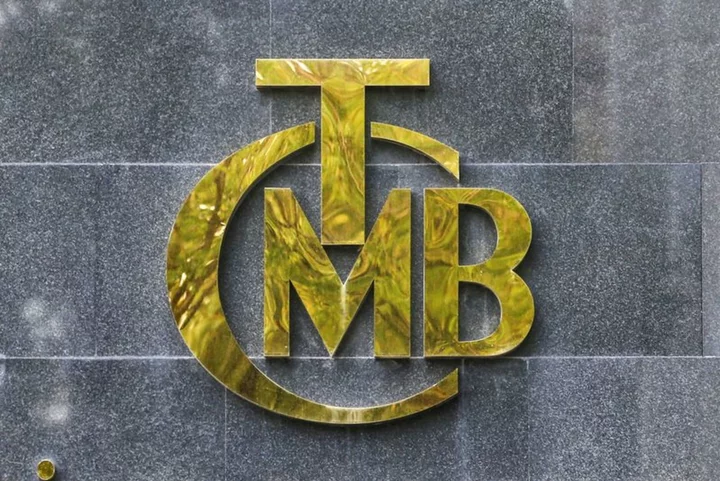Uber Technologies Inc. boosted a planned convertible bond issue to $1.5 billion, according to people familiar with the matter, signaling strong demand among investors.
The ride-hailing giant priced the issue with a 0.875% coupon, the people said, putting it near the bottom of a marketed range. The company set a conversion premium of 32.5% at the top of the range, the people added, asking not to be identified as the information is private.
Uber had sought to raise $1.2 billion at a coupon range of 0.75% to 1.25% and at a 27.5% to 32.5% conversion premium, Bloomberg News has reported. A company representative didn’t immediately respond to an emailed request for comment.
The share sale came on the back of Uber’s 27% share-price surge since the end of October, and its stronger-than-expected third quarter earnings last week. For an issuer with a long-term rating of BB- with a positive outlook from S&P Global Ratings, borrowing on those terms is significantly cheaper than expected.
The favorable pricing comes as US convertible bond volume, despite returning to near pre-pandemic normality, has disappointed those expecting a renaissance this year.
With a market value of $113 billion, Uber is the largest company to tap the convertible bond market this year. Its latest move takes advantage of the recent decline in interest rates, as the market increasingly believes the Federal Reserve’s rate hike cycle is over.
It also seizes on a wave of optimism around the company, after it reported its second consecutive profitable quarter earlier this month.
When the deal closes, the company’s ability to raise additional financing in the current interest rate environment, and to use the proceeds to redeem $1 billion in outstanding 2025 notes that carry a 7.5% coupon, will further improve its credit outlook.
Although the potential for upgrades to Uber’s ratings are more biased towards 2025 rather than next year, “it appears a matter of when, not if,” Bloomberg Intelligence senior credit analyst Robert Schiffman wrote Monday.
The firm’s liquidity, access to low-cost capital and improving fundamentals to suggest that Uber’s credit ratings could keep climbing over the next 12 to 24 months, he said in August.

